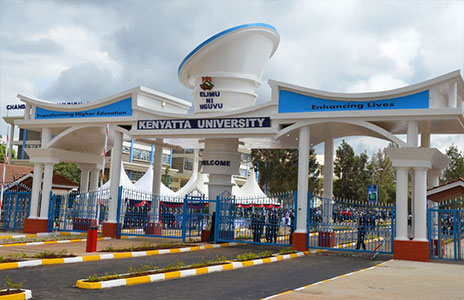
The most influential persons in the world are teachers, especially those who deal with young children, those who deal with instilling knowledge to the minds of young souls. Children, being the core of our society, require getting all the necessary training relevant to giving this information to the learners.
Diplom ain Early Childhood Teacher Education Diploma programme covers all aspects of child development and education to ensure that students can effectively meet the needs of growing children and develop a healthy and supportive learning environment.
Teaching can be a challenging profession, but there are numerous benefits to this career. Whether you feel a calling to impact the lives of students, or are drawn to the profession for the ability to make a difference in the education system at large, this field will allow you to make a significant contribution and positive impact on the community you live in.
There is also a high degree of mobility in this sector and teachers can go on to become administrators, guidance counsellors, or social workers. If this sounds like the right choice for you, this Certificate in Early Childhood Development and Education will prepare you with the right skills, mind-set, and knowledge you need to thrive in this field.
Entry Requirements
A person seeking to be registered as a student for the ECDE certificate examined by KNEC must show evidence of being a holder of one of the following qualifications:
- KCSE Mean Grade C
- ECDE Certificate
Objectives of Diploma in Early Childhood Teacher Education (DECTE)
The DECTE certificate programme moulds the students into competent teachers of young children and equips them with the skills and knowledge in understanding the psychology of young children and their development.
At the end of this course, students will be able to:
- Explain the multiple influences on early development and learning.
- Use their knowledge of child development to create healthy, respectful, supportive, and challenging learning environments.
- Develop and implement strategies to support and engage families and communities through respectful, reciprocal relationships.
- Reflect on their own practice to promote positive outcomes for each child.
- Engage in continuous, collaborative learning to inform practice.
- Acquire and apply knowledge, skills and attitudes to develop relevant ECDE programmes
- Create activities that foster positive social interaction
- Acquire, adapt and apply technology in teaching and learning activities
- Identify and develop materials using locally available resources
- Enrich the child?s experience to enable him/her to cope better with primary school life
- Acquire knowledge and skills to enable the child to enjoy learning through play
What you will study
- Foundation and Management of ECD in Kenya
- Introduction to Child Psychology, Child Growth and Development
- Health Nutrition and Care
- Early Childhood Dev. and Education, Curriculum and Instructional & Learning Approaches
- Children with Special needs and Child Rights and protection
- Guidance and Counseling
- English Language, Lugha ya Kiswahili and Language activities
- Mathematics Activities
- Science activities and Social Environment Activities
- Music and Movement activities
- Creative Art Activities and Physical Activities
- General Knowledge, Religious Education and Materials Development
- Introduction to Research and Community Development
- Teaching practice
Related articles
-

A Guide to Civil Engineering Degree and Diploma Programs in Kenya
08-Nov-2025 -

Electrical Engineering in Kenya: A 2025 Guide for KCSE Graduates
08-Nov-2025 -

Mechanical Engineering in Kenya: A 2025 Guide for KCSE Graduates
08-Nov-2025 -

Engineering Courses in Kenya: A Guide for 2025 KCSE Graduates
08-Nov-2025 -

Education Pathways in Kenya — From Basic Education to Tertiary | College Guide
06-Nov-2025 -

The Bird and the Mirror: A Reflection on Identity, Perception, and Illusion
07-Feb-2025
Colleges offering Diploma in Early Childhood Teacher Education (DECTE)

Ruiru
Kenyatta University

Njoro
Egerton University

Kilifi South


